Opdivo(Nivolumab) Injection 240 mg/24 ml(10 mg/ml) Imported Available In Pakistan
Opdivo (nivolumab) is an immunotherapy drug used for treating various types of cancer, including melanoma, non-small cell lung cancer, renal cell carcinoma, and others. In Pakistan, Opdivo is available in several formulations, including the 240 mg/24 mL concentration (10 mg/mL) for intravenous infusion.
Product Details
- Generic Name: Nivolumab
- Formulation: Injection for intravenous use
- Concentration: 10 mg/mL
- Available Vials:
- 40 mg/4 mL
- 100 mg/10 mL
- 120 mg/12 mL
- 240 mg/24 mL
Dosage and Administration
The recommended dosing regimen for Opdivo varies based on the type of cancer being treated:
- Melanoma:
- 240 mg every 2 weeks or 480 mg every 4 weeks.
- Non-Small Cell Lung Cancer:
- 240 mg every 2 weeks or 480 mg every 4 weeks.
- Renal Cell Carcinoma:
- In combination with cabozantinib: 240 mg every 2 weeks or 480 mg every 4 weeks, along with cabozantinib (40 mg daily).
- Classical Hodgkin Lymphoma:
- Typically administered at a dose of either 240 mg every 2 weeks or 480 mg every 4 weeks.
Administration Method
Opdivo is administered as an intravenous infusion over a period of approximately 30 minutes. It is crucial that this medication is given under the supervision of a healthcare professional due to the potential for side effects and the need for monitoring during treatment
Indications
Opdivo is indicated for:
- Unresectable or metastatic melanoma
- Non-small cell lung cancer (NSCLC)
- Renal cell carcinoma
- Classical Hodgkin lymphoma
- Squamous cell carcinoma of the head and neck
- Urothelial carcinoma
- Colorectal cancer with specific genetic markers
Original price was: ₨65,000.00.₨59,999.00Current price is: ₨59,999.00.
Description
Opdivo (nivolumab) is an immunotherapy drug used for treating various types of cancer, including melanoma, non-small cell lung cancer, renal cell carcinoma, and others. In Pakistan, Opdivo is available in several formulations, including the 240 mg/24 mL concentration (10 mg/mL) for intravenous infusion.
Product Details
- Generic Name: Nivolumab
- Formulation: Injection for intravenous use
- Concentration: 10 mg/mL
- Available Vials:
- 40 mg/4 mL
- 100 mg/10 mL
- 120 mg/12 mL
- 240 mg/24 mL
Dosage and Administration
The recommended dosing regimen for Opdivo varies based on the type of cancer being treated:
- Melanoma:
- 240 mg every 2 weeks or 480 mg every 4 weeks.
- Non-Small Cell Lung Cancer:
- 240 mg every 2 weeks or 480 mg every 4 weeks.
- Renal Cell Carcinoma:
- In combination with cabozantinib: 240 mg every 2 weeks or 480 mg every 4 weeks, along with cabozantinib (40 mg daily).
- Classical Hodgkin Lymphoma:
- Typically administered at a dose of either 240 mg every 2 weeks or 480 mg every 4 weeks.
Administration Method
Opdivo is administered as an intravenous infusion over a period of approximately 30 minutes. It is crucial that this medication is given under the supervision of a healthcare professional due to the potential for side effects and the need for monitoring during treatment
Indications
Opdivo is indicated for:
- Unresectable or metastatic melanoma
- Non-small cell lung cancer (NSCLC)
- Renal cell carcinoma
- Classical Hodgkin lymphoma
- Squamous cell carcinoma of the head and neck
- Urothelial carcinoma
- Colorectal cancer with specific genetic markers
-
Key Benefits
- Enhanced Immune Response: Opdivo is designed to block the PD-1 receptor on T cells, enhancing the immune system’s ability to recognize and destroy cancer cells. This mechanism is particularly effective in various cancers, including melanoma and non-small cell lung cancer (NSCLC)
- Versatile Treatment Options: It can be used as a monotherapy or in combination with other treatments, such as ipilimumab or chemotherapy, depending on the type of cancer and patient condition. This flexibility allows for tailored treatment plans
- Improved Survival Rates: Clinical studies have shown that Opdivo can significantly improve overall survival rates in patients with advanced cancers compared to traditional chemotherapy options
- Longer Treatment Durability: Patients may continue treatment as long as they derive clinical benefit without significant side effects, allowing for prolonged management of their condition
- Adjuvant Therapy: Opdivo is also indicated for adjuvant treatment, helping to prevent cancer recurrence after surgery in certain types of cancer
Key Ingredients
- Active Ingredient:
- Nivolumab: Each mL of Opdivo contains 10 mg of nivolumab, a fully human anti-PD-1 monoclonal antibody produced using recombinant DNA technology in Chinese hamster ovary cells
- Excipients:
- Sodium chloride
- Mannitol
- Sodium citrate dihydrate
- Hydrochloric acid and sodium hydroxide (for pH adjustment)
- Water for injection
-
Mechanism of Action
- PD-1 Pathway Inhibition: Nivolumab is a monoclonal antibody that binds to the PD-1 receptor on activated T cells. Under normal conditions, PD-1 interacts with its ligands, PD-L1 and PD-L2, which are often expressed by cancer cells. This interaction inhibits T cell activation and proliferation, allowing cancer cells to evade the immune response
- Blocking Tumor Evasion: By binding to the PD-1 receptor, nivolumab prevents PD-L1 and PD-L2 from engaging with PD-1. This blockade lifts the inhibitory signal on T cells, thereby enhancing their ability to recognize and attack tumor cells
- Restoration of Immune Function: The inhibition of the PD-1 pathway restores the immune system’s ability to identify and destroy cancer cells. This is particularly important in tumors that exploit this pathway to suppress immune activity, allowing them to grow unchecked
- Enhanced T Cell Activity: As a result of this blockade, T cells can proliferate and exert their cytotoxic effects more effectively against cancer cells, leading to improved anti-tumor responses and potentially better clinical outcomes for patients with various cancers
- Durable Responses: Patients treated with nivolumab have shown durable responses even after discontinuation of therapy, indicating that the immune system can maintain its anti-tumor activity over time
-
Targeting Mechanism
- PD-1 Receptor Interaction: Nivolumab is a monoclonal antibody that binds to the PD-1 receptor found on T cells, which are essential components of the immune system responsible for identifying and attacking cancer cells. Under normal circumstances, PD-1 interacts with its ligands, PD-L1 and PD-L2, often expressed on tumor cells, leading to the inhibition of T cell activity and allowing cancer cells to evade immune detection .
- Blocking Immune Evasion: By binding to the PD-1 receptor, nivolumab prevents PD-L1 and PD-L2 from attaching to PD-1. This blockade lifts the “brakes” on T cells, reactivating them and enhancing their ability to recognize and destroy cancer cells. As a result, cancer cells that previously evaded the immune response become vulnerable to attack .
- Restoration of Immune Function: The inhibition of the PD-1 pathway not only enhances T cell activation but also promotes the proliferation of T cells and increases their cytotoxic effects against tumors. This restoration of immune function is critical in combating various types of cancer, including melanoma, non-small cell lung cancer (NSCLC), and renal cell carcinoma .
- Tumor Microenvironment Modulation: Nivolumab can also alter the tumor microenvironment by increasing the infiltration of immune cells into tumors, further enhancing the immune response against cancer. This can lead to improved outcomes for patients as their immune system becomes more effective in targeting tumor cells .
- Durable Responses: Patients treated with Opdivo often experience durable responses, meaning that even after stopping treatment, some patients maintain an ongoing anti-tumor response due to the memory of their immune system being trained to recognize and attack cancer cells .

-
Key Precautions
- Immune-Mediated Side Effects: Opdivo can cause immune-mediated side effects, where the immune system may attack healthy organs and tissues. Common issues include:
- Pneumonitis: Inflammation of the lungs, which may cause symptoms like shortness of breath or cough.
- Colitis: Inflammation of the colon, leading to diarrhea or abdominal pain.
- Hepatitis: Liver inflammation, which can manifest as jaundice or elevated liver enzymes.
- Endocrinopathies: Disorders affecting hormone-producing glands, such as thyroid dysfunction (hyperthyroidism or hypothyroidism) .
- Monitoring Requirements: Regular laboratory tests are essential to monitor liver and kidney function, as well as for signs of immune-related side effects. Patients should have frequent follow-up visits with their healthcare provider .
- Contraindications: Opdivo is not recommended for patients with certain conditions, including:
- Active autoimmune diseases (e.g., lupus, Crohn’s disease).
- History of severe hypersensitivity reactions to nivolumab or any of its components .
- Pregnant or breastfeeding women should avoid Opdivo due to potential harm to the developing fetus or infant .
- Drug Interactions: Inform your healthcare provider about all medications and supplements being taken to avoid potential interactions that could affect treatment efficacy or increase side effects .
Dietary Restrictions
- Alcohol Consumption: While there are no direct interactions between Opdivo and alcohol, it is advisable to limit or avoid alcohol during treatment. Alcohol can exacerbate side effects such as liver damage, nausea, and fatigue .
- Acidic Foods: Patients experiencing gastrointestinal side effects may want to avoid acidic foods that can irritate the digestive tract, including:
- Citrus fruits (e.g., oranges, lemons).
- Vinegar-based dressings.
- Tomatoes and tomato products .
- Hard-to-Swallow Foods: If experiencing mouth sores or throat irritation due to treatment, it may be beneficial to avoid dry or hard-to-swallow foods such as:
- Bread.
- Baked potatoes.
- Peanut butter .
- Hydration and Nutrition: Staying well-hydrated is crucial during treatment. Incorporating protein-rich foods can help support the immune system and overall health . Foods rich in protein include fish, poultry, lean meats, dairy products, beans, lentils, nuts, and soy products.
- Consultation with Dietitians: It is advisable for patients undergoing immunotherapy to consult with a registered dietitian for personalized dietary advice that accommodates their specific health needs and treatment side effects .
-
Dosage of Opdivo (Nivolumab)
Opdivo is administered as an intravenous infusion, and the dosage varies based on the type of cancer being treated. Here are the recommended dosages:
- General Dosage:
- 240 mg every 2 weeks or 480 mg every 4 weeks for adults.
- For pediatric patients aged 12 years and older weighing less than 40 kg, the dosage is 3 mg/kg every 2 weeks.
- Combination Therapy:
- When used with ipilimumab (Yervoy), the initial dose is typically 1 mg/kg of Opdivo every 3 weeks for a maximum of 4 doses. After this, the patient transitions to Opdivo alone at either 240 mg every 2 weeks or 480 mg every 4 weeks.
- Specific Cancers:
- For metastatic non-small cell lung cancer, advanced renal cell carcinoma, classical Hodgkin lymphoma, and others, the standard dosage remains at either 240 mg every 2 weeks or 480 mg every 4 weeks, depending on individual treatment plans and responses.
Storage of Opdivo
Opdivo should be stored under specific conditions to maintain its efficacy:
- Temperature: Store Opdivo in a refrigerator at temperatures between 2°C to 8°C (36°F to 46°F). Do not freeze.
- Protection from Light: Keep the vial in its original carton to protect it from light until ready for use.
- Expiration: Do not use after the expiration date printed on the vial.
Once diluted for infusion, it should be used immediately or stored at room temperature for a maximum of 24 hours if necessary.
Reviews and Patient Experiences
Opdivo has received mixed reviews from patients and healthcare professionals:
- Efficacy: Many patients report positive outcomes, including tumor shrinkage and prolonged survival rates. The drug’s ability to harness the immune system against cancer cells is often highlighted as a significant benefit .
- General Dosage:
- Immune-Mediated Side Effects: Opdivo can cause immune-mediated side effects, where the immune system may attack healthy organs and tissues. Common issues include:

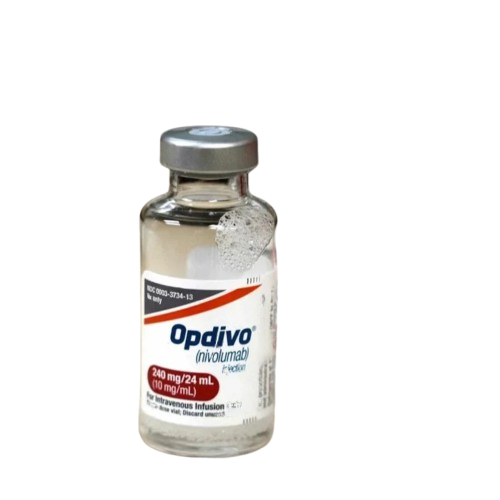

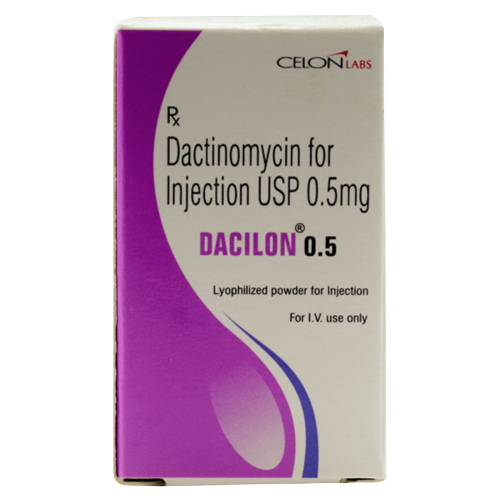
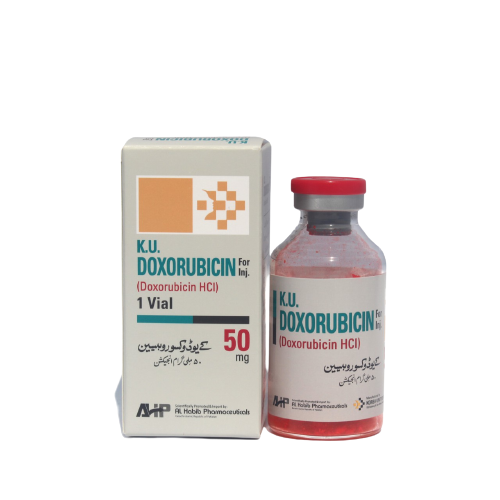
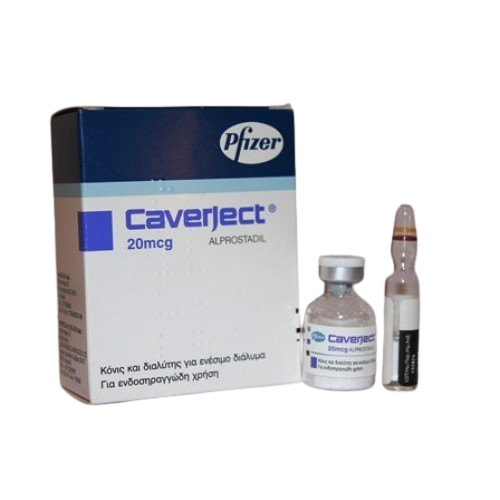

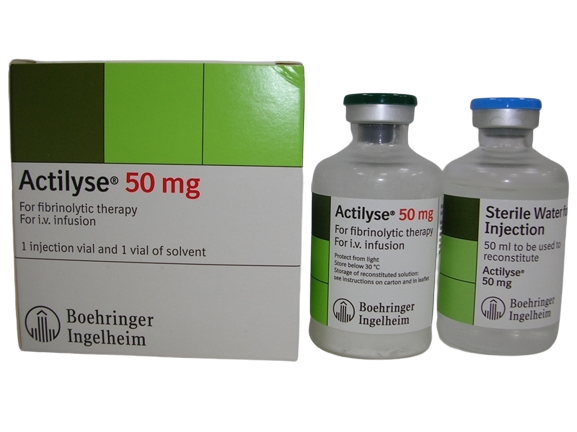
Reviews
There are no reviews yet.